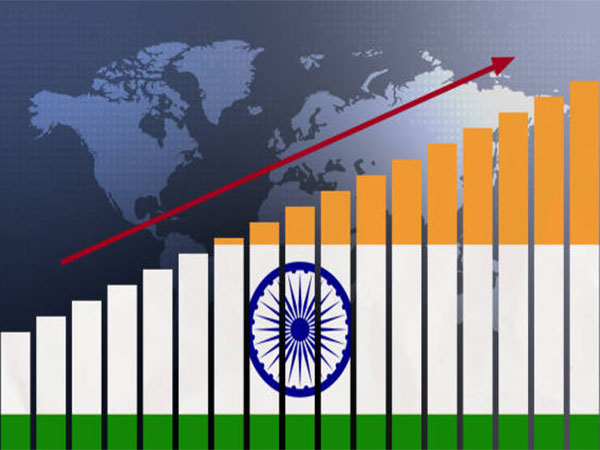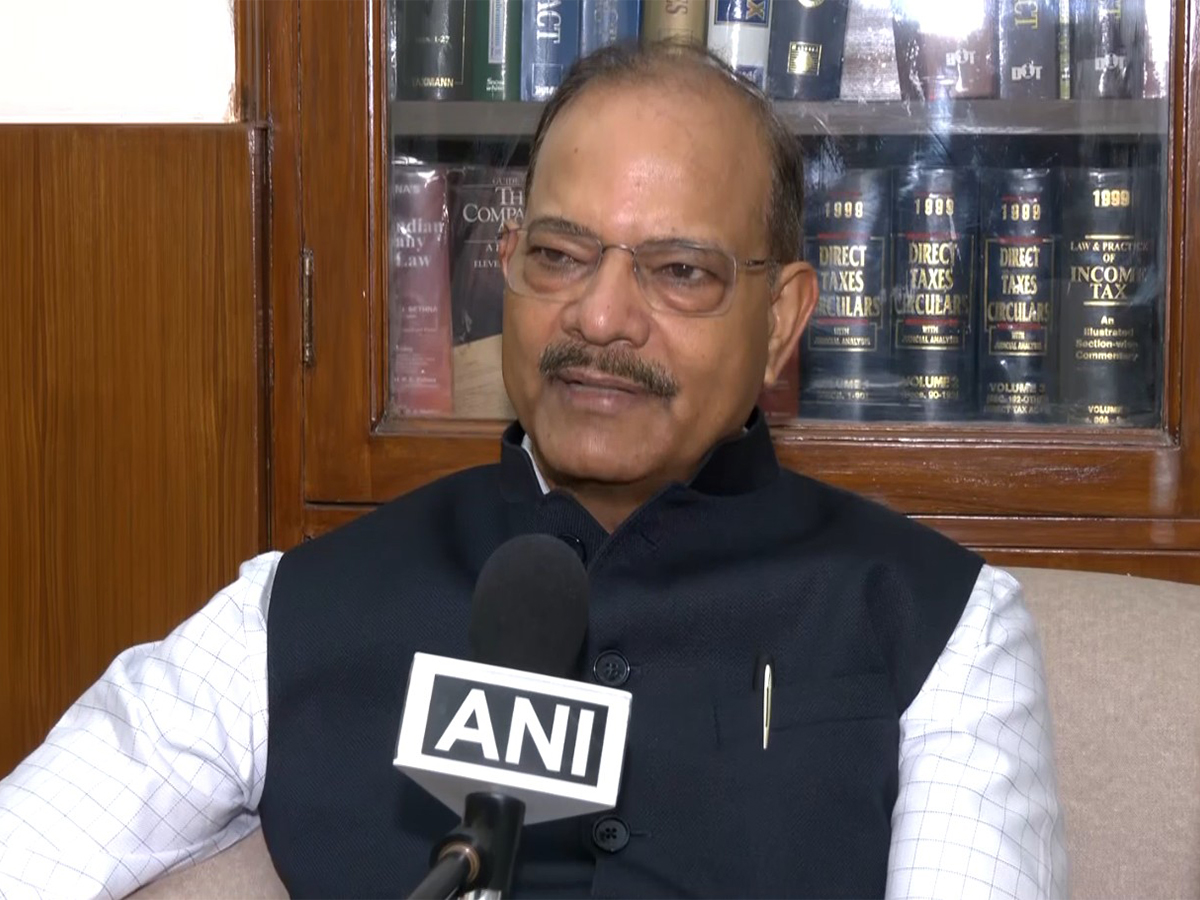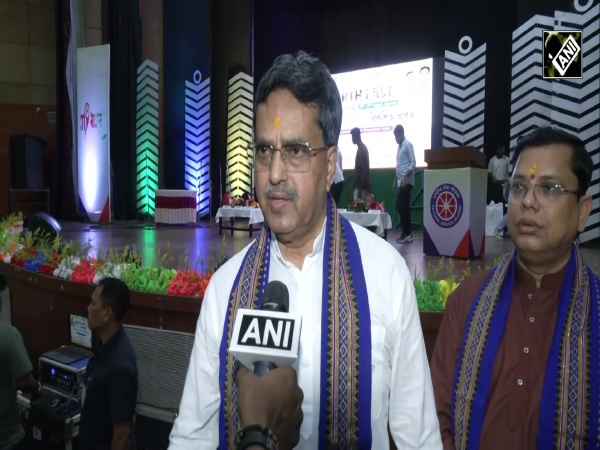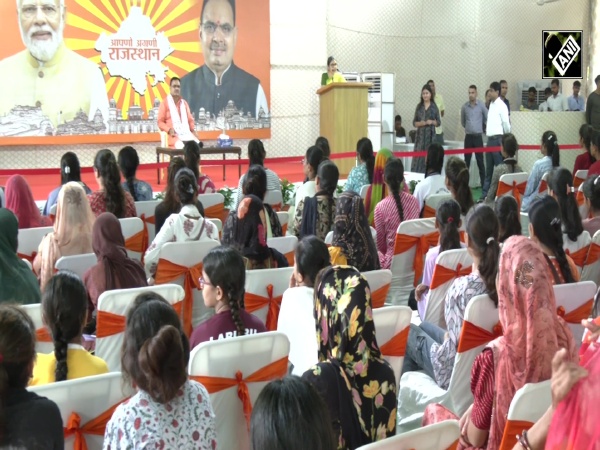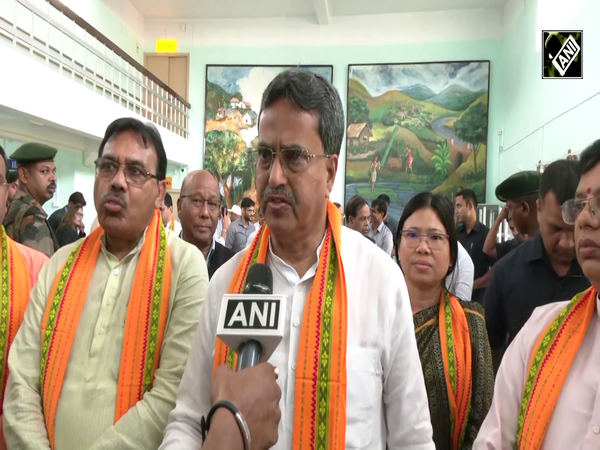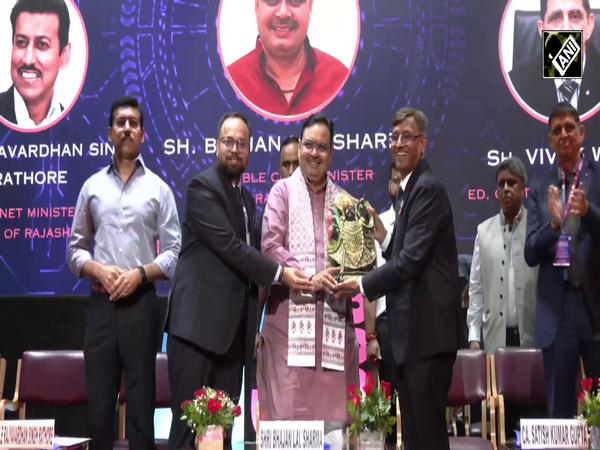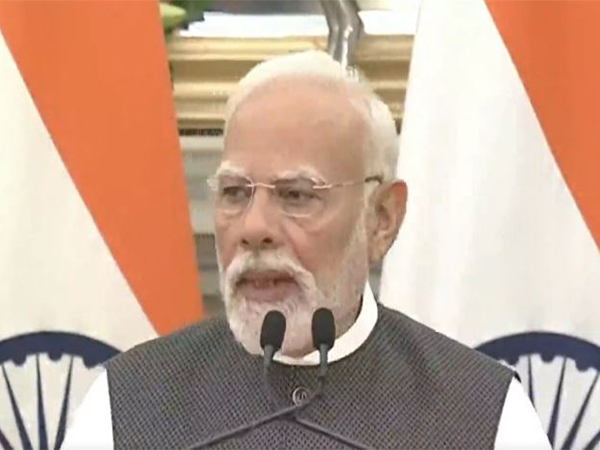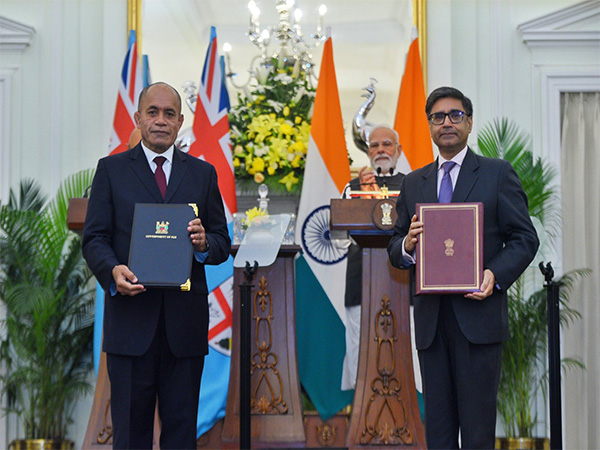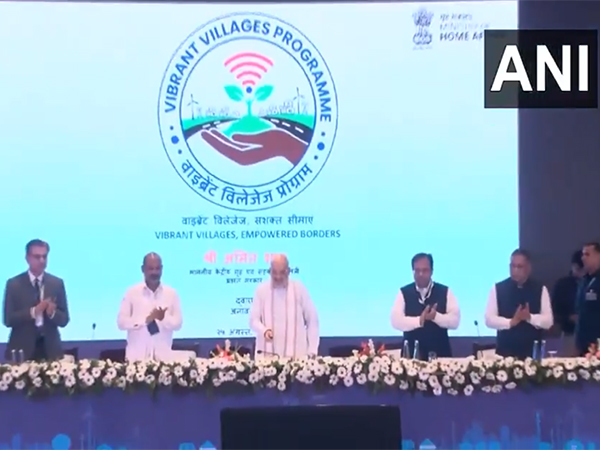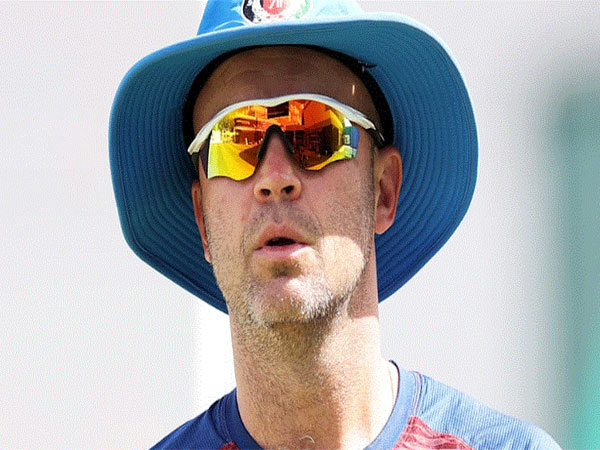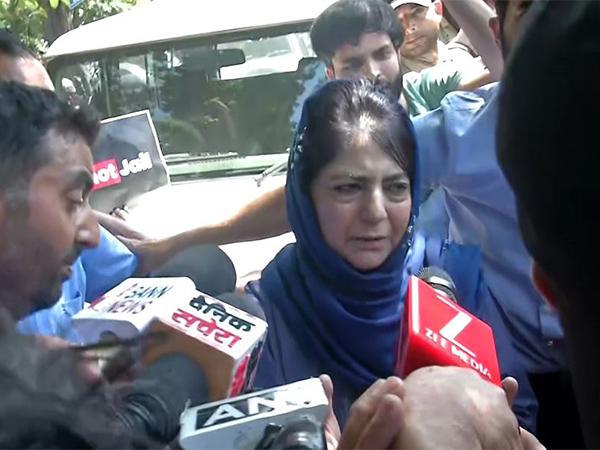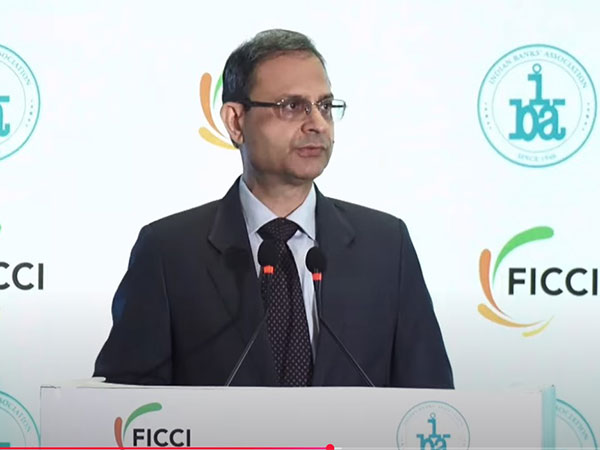
Achievements of Indian economy undoubtedly very creditable and widely recognized: RBI Governor
Aug 25, 2025
Mumbai (Maharashtra) [India], August 25 : The achievements of the Indian economy in recent years are very creditable and widely recognized, despite facing unprecedented challenges the Reserve Bank of India Governor Sanjay Malhotra said on Monday.
He was addressing the annual FIBAC conference, themed "Charting New Frontiers", hosted jointly by FICCI and the Indian Banks' Association (IBA).
Malhotra noted that the Indian economy has expanded manifold in the last few years and continues to be a symbol of resilience and hope.
"The achievements of the Indian economy, despite unprecedented challenges in the last few years, are undoubtedly very creditable and widely recognized. The Indian economy today is characterized by robust macroeconomic fundamentals," he said.
Highlighting the recovery after the pandemic, the RBI Governor stated that the economy rebounded strongly post-Covid and recorded almost 8 per cent per annum compound annual growth rate (CAGR) in the last four years.
He added that the International Monetary Fund has projected India to be one of the fastest-growing major economies in the world.
"We are all set and projected to be the third largest economy in the coming years," Malhotra said.
The RBI Governor pointed out that the average inflation rate has remained much lower in the last decade, particularly after the adoption of the inflation targeting framework, averaging 4.9 per cent per annum.
He also stressed that India's external sector remains stable. The current account deficit, he said, has been well within sustainable limits, with the figure at just 0.6 per cent of GDP last year.
This was supported by strong service exports and very healthy inward remittances, making India the highest recipient globally. Foreign exchange reserves, at USD 695 billion as per the latest available figures, are sufficient to cover 11 months of merchandise imports.
According to Malhotra, these strong fundamentals have been possible due to prudent fiscal and monetary policies, structural reforms, massive upscaling of both physical and digital infrastructure, improved governance, and enhanced productivity and competitiveness.
Speaking on the regulatory framework, he added that regulations provide the necessary friction to promote financial stability and safeguard depositors' money. However, he cautioned that excessive regulation could impede growth.
"The art of regulation-making lies in finding the right balance between safety and growth, the right amount of friction, in other words. Pursuit of this balance or optimal regulation has always been our constant endeavour in the RBI," he said.



